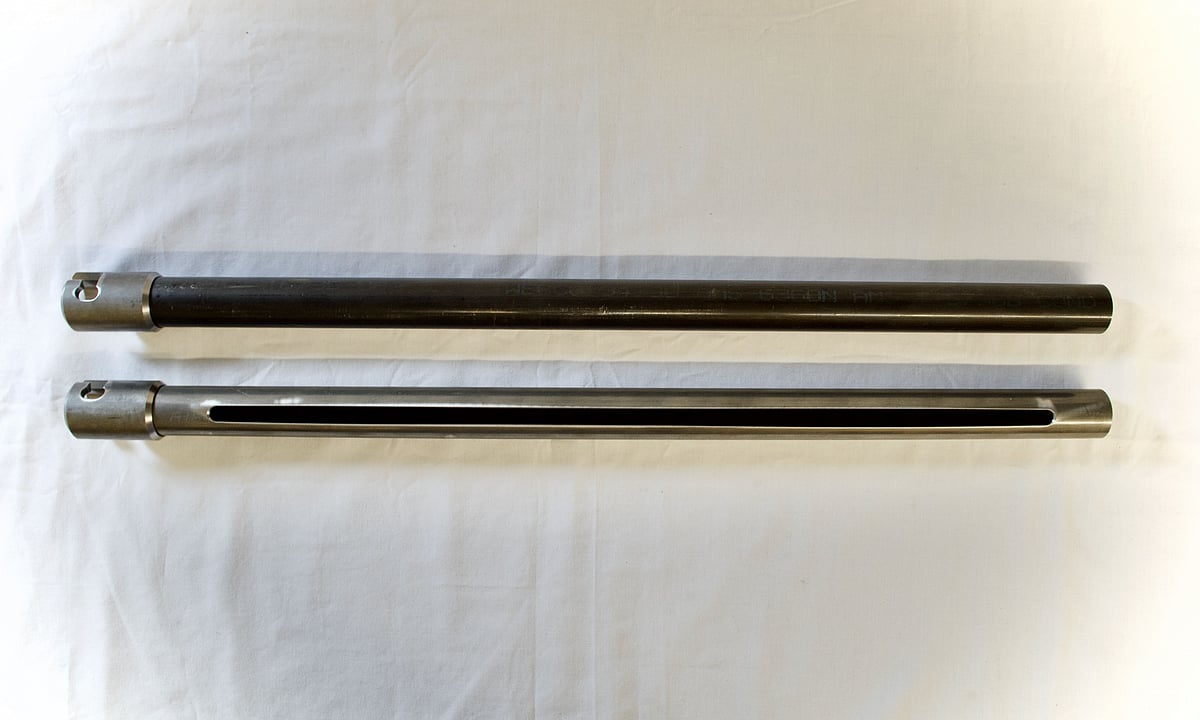
News
September 27, 2025
Guwahati researchers secure patent for innovative soil sampling device
Two research scholars including Ankita Majumdar from Guwahati, along with their professor, were granted a patent by the Indian Intellectual
Property Office for their novel soil sampling device. The device promises to be faster, more efficient, and less disruptive to the soil structure compared to existing methods.
Guwahati is celebrating a significant achievement in agricultural technology as researchers from the city have secured a patent for a groundbreaking soil sampling device. The Indian Intellectual Property Office has officially granted the patent to Ankita Majumdar, a research scholar, along with another research scholar and their professor, all based in Guwahati.
This innovative device represents a significant leap forward in how soil samples are collected and analyzed. Traditional methods often involve cumbersome equipment and can significantly disturb the soil structure, potentially affecting the accuracy of subsequent analyses. The newly patented device addresses these limitations, promising a faster, more efficient, and less invasive approach to soil sampling.
The core advantage of this device lies in its ability to collect soil samples more rapidly, allowing researchers and agricultural professionals to cover larger areas in less time. This increased efficiency translates to quicker data acquisition and faster turnaround times for soil analysis, which is crucial for informed decision-making in agriculture.
Furthermore, the design of the device minimizes disruption to the soil's natural structure. This is a critical factor because the physical integrity of the soil directly impacts the accuracy of analyses related to nutrient content, moisture levels, and other vital parameters. By causing less disturbance, the device ensures that the collected samples provide a more representative picture of the soil's actual condition.
While specific details about the device's mechanics remain confidential, the underlying principle is to streamline the sampling process while preserving the integrity of the soil sample. This innovation has the potential to revolutionize soil testing practices, benefiting farmers, researchers, and environmental agencies alike. The implications are vast, ranging from optimizing fertilizer application to monitoring soil health for sustainable agriculture and environmental conservation.
This patent not only recognizes the ingenuity of the Guwahati-based research team but also highlights the importance of investing in research and development within the agricultural sector. The device is expected to be commercially available in the near future, promising a significant contribution to the advancement of agricultural practices in India and potentially beyond.
Guwahati is celebrating a significant achievement in agricultural technology as researchers from the city have secured a patent for a groundbreaking soil sampling device. The Indian Intellectual Property Office has officially granted the patent to Ankita Majumdar, a research scholar, along with another research scholar and their professor, all based in Guwahati.
This innovative device represents a significant leap forward in how soil samples are collected and analyzed. Traditional methods often involve cumbersome equipment and can significantly disturb the soil structure, potentially affecting the accuracy of subsequent analyses. The newly patented device addresses these limitations, promising a faster, more efficient, and less invasive approach to soil sampling.
The core advantage of this device lies in its ability to collect soil samples more rapidly, allowing researchers and agricultural professionals to cover larger areas in less time. This increased efficiency translates to quicker data acquisition and faster turnaround times for soil analysis, which is crucial for informed decision-making in agriculture.
Furthermore, the design of the device minimizes disruption to the soil's natural structure. This is a critical factor because the physical integrity of the soil directly impacts the accuracy of analyses related to nutrient content, moisture levels, and other vital parameters. By causing less disturbance, the device ensures that the collected samples provide a more representative picture of the soil's actual condition.
While specific details about the device's mechanics remain confidential, the underlying principle is to streamline the sampling process while preserving the integrity of the soil sample. This innovation has the potential to revolutionize soil testing practices, benefiting farmers, researchers, and environmental agencies alike. The implications are vast, ranging from optimizing fertilizer application to monitoring soil health for sustainable agriculture and environmental conservation.
This patent not only recognizes the ingenuity of the Guwahati-based research team but also highlights the importance of investing in research and development within the agricultural sector. The device is expected to be commercially available in the near future, promising a significant contribution to the advancement of agricultural practices in India and potentially beyond.
Category:
Technology